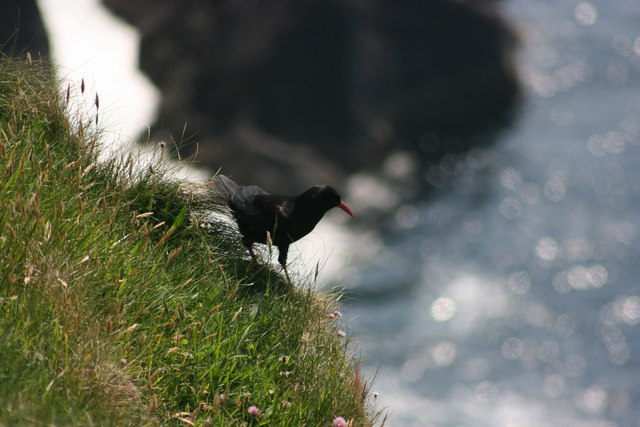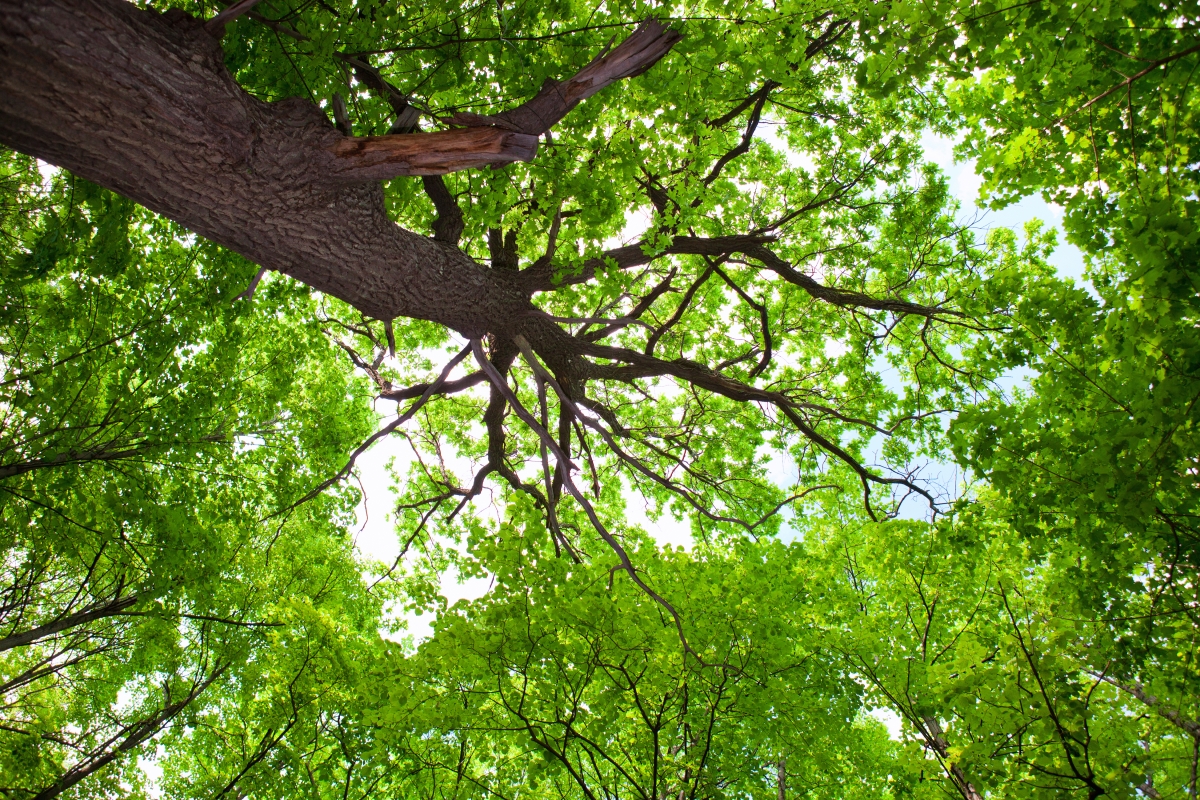Dursey Island tourism plan ‘detrimental’ to nature

November 7th, 2019
Several environmental groups have criticised a €7 million project to ramp up tourist numbers on Dursey Island that they say would be detrimental to Ireland’s wild coastal landscape.
The proposed development – a joint venture between Fáilte Ireland and Cork County Council – includes plans for a new two-way cable car system and a visitor centre on the island off the Beara peninsula in West Cork.
The plan would see the Council build 16 passing bays in the 4km spur from the Beara peninsula road to facilitate an increase in the number of tourists to 80,000 per year.
Friends of the Irish Environment (FIE), An Taisce and BirdWatch Ireland have all submitted objections to An Bord Pleanála (ABP) citing concerns about wildlife in the area that forms part of the Wild Atlantic Way.
The groups argue that the new development may lead to a sharp decline in the Chough population, a species listed as a bird of conservation concern and protected under national and EU legislation.

Endangering birds
A recent survey revealed that the number of Choughs in the area has dropped by 30 per cent since 2003 with BirdWatch Ireland describing the area as a “hotspot” for the species.
The wildlife conservation group argues that the planned development would lead to a significant loss in the bird’s foraging area.
It says that there is already a “knowledgeable gap” on the species population in the area due to the State’s failure “to undertake a Chough census in 2012″, calling for a ” long-term Chough conservation” plan to be carried out.
The developer’s own bird survey indicates that Choughs are nesting in the last abandoned house on the island and will forage for 300 metres distance.
FIE has also questioned the Council and Fáilte Ireland’s use of EU fund for tourism projects that are “transport-based” and may harm the environment.
“Tourism projects which favour the transport sector, as well as the related infrastructure, are outside the scope of the categories of aid compatible with EU Regulations,” FIE has said.
“Not since the Office of Public Works tried to build the Burren Interpretative Centre at Mullaghmore in 1992 has Ireland seen such an inappropriate proposal,” Tony Lowes, FIE’s director said.
Mr Lowes said that the 2003 legislation establishing Fáilte Ireland should be reviewed to climate-proof their projects.
In concert with FIE’s objections, An Taisce also outlined that the project will ensure that the Wild Atlantic Way will continue to be a “private car route”.
Describing the proposed development as “inappropriate”, the environmental group said that turning the Wild Atlantic Way into a private vehicle road would undermine “the quality and experience of the wild coastal landscape” and prompt traffic congestion in an area of historical and ecological significance.
FIE has also called on the Minister for Arts, Culture and Gaeltacht Josepha Madigan TD to consider the adverse environmental impact of the project as well as highlighting the “stretched staffing and resourcing” in the National Parks and Wildlife Service.
“We have no doubt that when her staff examines the scientific research and the nature of the development, they will determine that exploiting Dursey Island like this will threaten the survival of the chough and set a precedent for future mass tourism in Ireland at the expense of our protected wildlife.”
[x_author title=”About the Author”]






